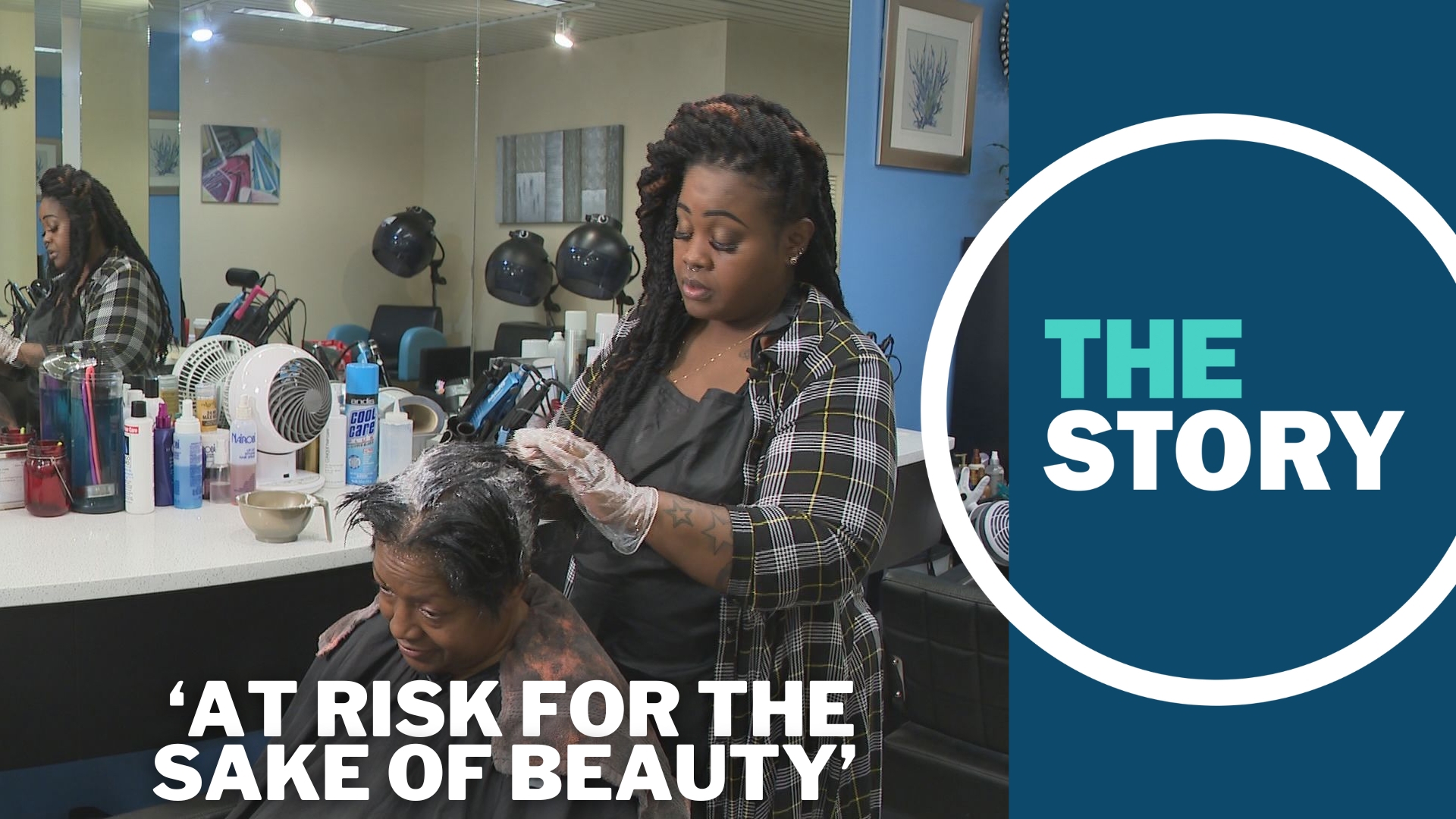SALEM, Ore. -- Oregonians worried about a loved one committing suicide or hurting someone with a gun should have legal recourse to get firearms out of that person's hands.
At least that's the message Oregon senators sent when they voted through a controversial gun-control bill largely along party lines Monday.
Senate Bill 719, cosponsored by Sens. Brian Boquist, R-Dallas, and Ginny Burdick, D-Portland, passed 17-11 through the Senate and will go Tuesday to the House of Representatives for a first reading.
Suicides-by-firearms vastly outnumbered homicides committed with guns in Oregon in 2015, the most recent year whose data are most readily available. That year almost 77 percent of gun deaths in Oregon were suicides, and 19.5 percent were homicides, according to data from the Oregon Violent Death Reporting System.
People who committed suicide with a firearm in Oregon numbered 373 in 2015, compared to the 94 who were murdered with a gun, according to Center for Disease Control and Prevention data.
During the Senate floor session Monday, Boquist gave an oratory at times resembling the pace of a pastor's sermon as he tried to dispel myths about his legislation, pointing to a high number of veteran suicides.
He talked about an email he'd received in which the writer asked him: "What part of the second amendment (sic) do you not understand? It is none of your business if someone decides they don't care to live any longer."
On the Senate floor, Boquist said, "Every day of the week — I don't care what party you're in — I will do everything I can to prevent veterans from committing suicide, prevent average Oregonians from committing suicide and from kids committing suicide."
Standing up after his speech, Sen. Kim Thatcher, R-Keizer was visibly shaken. She laid out her concerns with SB 719, one of which was that it would have a "chilling effect on people being able to talk out their mental health issues and report their true feelings."
"I don't think it's hard to imagine a person who actually likes to blow off steam going target shooting, that they might have a difficult time reporting their true feelings to a health professional," Thatcher said as she held a tissue in her right hand.
Senate Republicans, along with Sen. Betsy Johnson, D-Scappoose, voted against the bill, but Democrats and Boquist still voted it through.
Pro-gun groups have roundly rejected the bill, saying it violates rights, with the National Rifle Association lobbying against its passage.
"The issuance of a protection order does nothing to deal with the underlying cause of dangerousness, nor does it subject the person to any actual physical restraint, ongoing reporting, monitoring requirements or treatment for any underlying mental health condition," the NRA's Keely Hopkins said in a May 1 letter.
Oregon Alliance for Gun Safety President Jenn Lynch praised the passage Monday as a "bipartisan step to making Oregon safer from gun violence."
"Extreme risk protection orders will provide law enforcement and family members a way to remove a firearm from someone in crisis who is an immediate danger to themselves and others," Lynch said in a statement. "We know these policies will help us reduce firearm suicides and other forms of gun violence."
The bill stresses immediacy of action. It creates a way for either law enforcement officials or people living with those they think are at risk of committing suicide or hurting another person to quickly disallow them from having a firearm.
Under the bill, a court would issue a so-called "extreme risk protection order" on either the same day as a petition for the order is filed or the next "judicial business day."
Law enforcement officials who serve these kinds of orders can ask gun owners to hand over their weapons immediately, per the bill. The bill gives leeway for cases where a law enforcement official isn't around, as the gun owner can hand their weapons over to a gun dealer or someone who's legally allowed to have the "deadly weapons."
Gov. Kate Brown pushed for the bill in its former iteration, Senate Bill 868, though a spokesman for her office Monday said, "With the exception of bills pertaining to her legislative priorities, Gov. Brown rarely indicates her predisposition to sign or not sign a bill in advance of it getting to her desk."
The bill needs to clear the House and Brown's office to become a law.
Send questions, comments or news tips to jbach@statesmanjournal.com or 503-399-6714. Follow him on Twitter @JonathanMBach.



